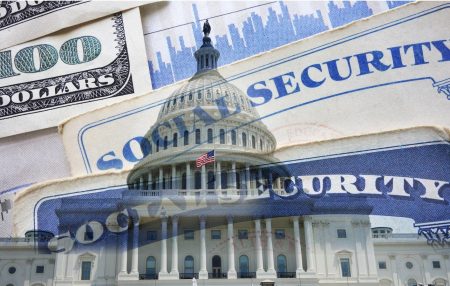When it comes to financial goals & milestones, being debt free ranks at the top of the list for many people. The idea of debt for some, feels like a burden and a weight that can make it prohibitive in the process of achieving wealth.
It’s no secret that with rising cost of living, wages that haven’t kept pace with inflation, and billions of dollars spent every year in marketing to drive consumer spending, the fight to overcome debt can feel like an effort in futility.
Fundamentally, there are a couple of tried and true methods that are well known and so as the gold standards of debt pay-off strategy. Those methods are; the snowball method and the avalanche method.
The Snowball Method
The snowball method is the debt payoff strategy that has you focus on the lowest balance debt you have first, allocating any Additional resources earmarked for debt payoff to be used to eliminate your debts in order from lowest to highest balance.
This method has been said to be more psychologically rewarding, as you get the opportunity to have early wins as you eliminate your smaller debt balances. Then you build momentum as you allocate the newly free cash flow, to tackle the next balance in line. While this is a popular method to pay off debt, it may not always be the most mathematically correct approach, as the focus is to focus on the smallest to largest balance, irrespective of interest rate.
The Avalanche Method
The Avalanche method requires that you focus on the highest, to lowest interest rate. This methods claim to fame is helping you pay off debt in the most mathematically correct method, which will save you more money in interest. While this may seem like the obvious choice, this method may be a little more mentally tough to tackle as your debt with the highest interest, could also be your debt with the highest balance balance, meaning, it could potentially be awhile before you see a debt completely eliminated. While you will be making progress chunking away at it, you may not get that rewarding sense of gratification seeing an account balance hit zero as quickly as the avalanche method.
While these two methods are time-tested strategies of debt payoff, In my quest to always try to find new and innovative ways of approaching personal finance, I stumbled upon a debt pay off method that I thought was really strategic and impactful but not widely discussed.
The Cash Flow Method
This particular method of debt payoff doesn’t focus on either interest rate or balance size, instead, it focuses on which debt has the most significant impact on your monthly cash flow.
For example sake, let’s look at this scenario
- You have a student loan account with an outstanding balance of $5,467 and a monthly payment of $147 per month and a 6% interest rate.
- A credit card account with an outstanding balance of $7,545 that has a minimum payment of $89 and 19% interest rate.
- An auto loan with an outstanding balance of $19,345, a monthly payment of $675 with a 4% interest rate.
Following the avalanche or snowball method, we would have chosen to pay off the credit card and student loan, respectively. However following the cash flow method of debt pay off, we would have opted to pay off the auto loan first.
The thought here is that while paying of the debt with the highest interest is the mathematically sound decision, and paying if the smallest to largest balance is the most mentally rewarding, when we think about the most real-time impact on your life, the cash-flow method takes the cake. Thus paying off the auto loan to free up an extra $8100 annually.
By focusing on the debt that frees up the most cash flow, you’re able to create a much more meaningful margin within your cash flow which you can use to accelerate the remaining debt(s) following the same method and/or use some of the cash flow to work towards other financial goals, simultaneously.
Regardless of which method you choose, making a plan to pay down your debt is a noble one. While my personal favorite being the cash flow method, I encourage you to look at your actual situation and take these insights to determine which strategy feels right for you.
Read the full article here









